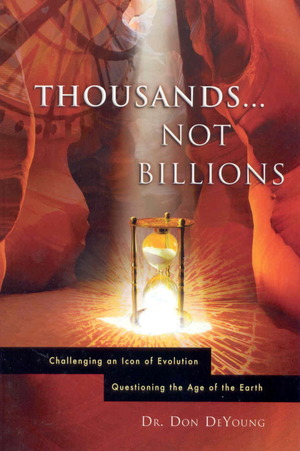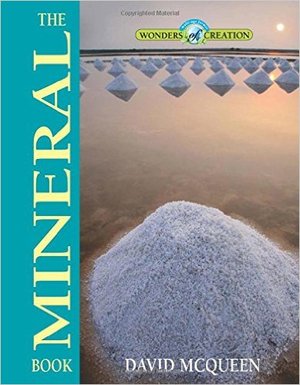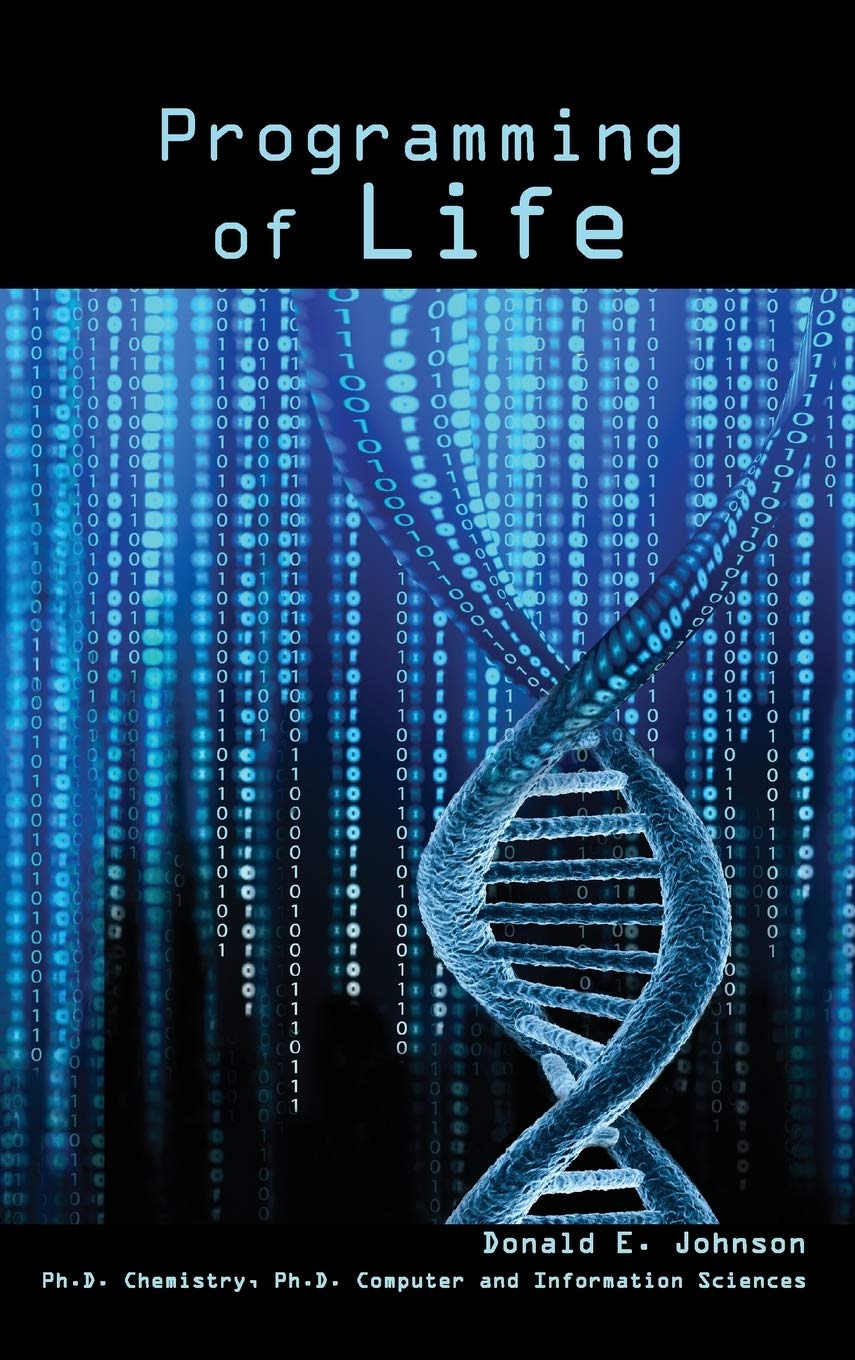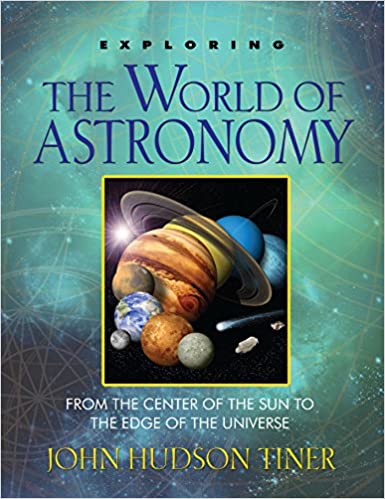It is normal to want to be unique isn’t it? Some people however don’t want to be special. Many astronomers do not like the idea that we live at a special time in the history of the universe or in an especially nice region of space. The reason many scientists do not like any suggestion of special conditions is because such conditions lead to questions about why we live at a special time or in a special place. Special conditions suggest that events are not determined by chance, but by something else such as the supernatural power of God. Many astronomers are most anxious to avoid such suggestions.
 This attitude may reduce astronomers’ pleasure in Saturn’s beautiful ring system. Recent studies of the rings have suggested that the rings could not last very long in their present condition and thus that they must be relatively young. Indeed a recent technical article stated: “The origin and evolution of planetary rings is one of the prominent unsolved problems of planetary sciences” (Nature Oct. 25/07 p. 1019). If the rings have been around for billions of years, that means there is nothing special about our being able to observe and enjoy these rings. However, if the rings have been around only a short time (anything less than billions of years) this means that we live in a “special epoch.”
This attitude may reduce astronomers’ pleasure in Saturn’s beautiful ring system. Recent studies of the rings have suggested that the rings could not last very long in their present condition and thus that they must be relatively young. Indeed a recent technical article stated: “The origin and evolution of planetary rings is one of the prominent unsolved problems of planetary sciences” (Nature Oct. 25/07 p. 1019). If the rings have been around for billions of years, that means there is nothing special about our being able to observe and enjoy these rings. However, if the rings have been around only a short time (anything less than billions of years) this means that we live in a “special epoch.”
One team of scientists recently studied strange features in the A ring (outermost of the bright rings) of Saturn. Physical studies of this ring suggest that it consists of huge rocks, each about 10 m in diameter. In one strip, there were tiny moons about 30-70m in diameter. The authors concluded that the source of the moonlets must have been a ‘moderately recent’ breakup of a much larger moon. These scientists did not believe that these small moonlets could have come about by the clumping of debris into a larger body, the opposite process from fragmenting (Nature Oct. 25/07 p. 1020).
Another planetary scientist, Larry Esposito, addressed the American Geophysical Union on the problem of Saturn’s rings. He declared that recent studies have demonstrated that the rings of Saturn are very long lived after all. According to Dr. Esposito “It means we are not in some special time – the giant planet has most likely always provided a stunning view.” (BBC News Dec. 13/07)
Dr. Esposito outlined how he came to his conclusion of great age: “Although the Voyager observations indicated Saturn’s rings were youthful, Cassini [probe] shows even younger ages; and because we see such transient, dynamic phenomena in the rings, we are able to reach the paradoxical conclusion – because the rings appear so young, they may actually be as old as the Solar system.” Apparently the rings appear so young that they must instead be old! “Paradoxical” means an opposite conclusion to what is suggested by the evidence. This conclusion fits his desire to avoid any hint of special conditions. Thus Dr. Esposito suggests that objects in the ring system first break up and then later clump together to form more moons in a cycle which repeats endlessly.
The study published in Nature in October 2007, just a few weeks before Dr. Esposito’s talk, came to the opposite conclusion. Based on known processes with crashes between boulders (which break them into smaller pieces), these authors calculated that the observed moonlets could completely disintegrate forever within a small fraction of the assumed age of the universe. That certainly makes our time special.
The interesting issue here is not what the calculated age of Saturn’s rings is, these answers are merely the maximum possible length of time a process could continue, not the actual time it has continued. What is interesting is the observation that the rings cannot have lasted very long and so are very young. This indication of youth means that we live in a special time frame. The reason we are able to observe those beautiful short lived rings is because God created them for our enjoyment. Paradoxical conclusions, which cite processes (clumping) which go against all observations, don’t make sense. So go ahead, feel free to conclude that we are all special!
Moxie
April 2008
Subscribe to Dialogue






